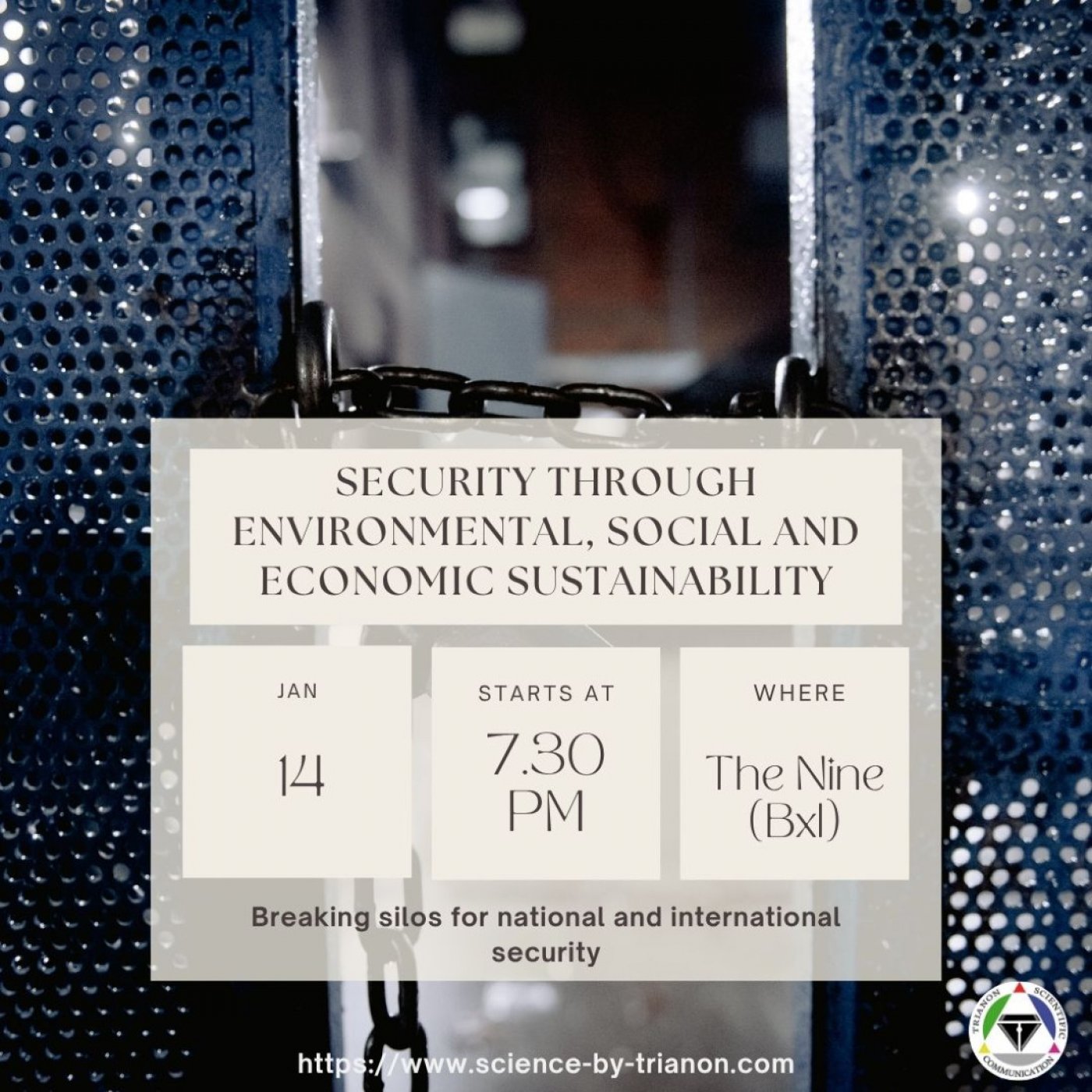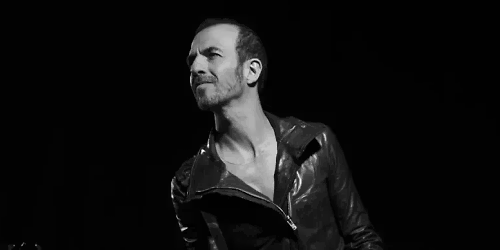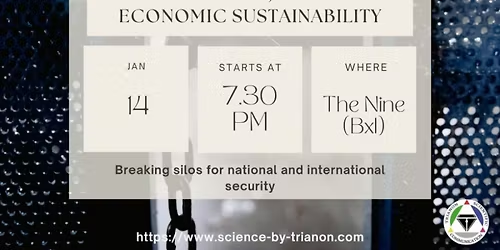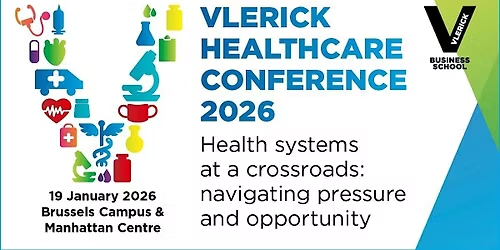Security through environmental, social and economic sustainability
Schedule
Wed Jan 14 2026 at 07:30 pm to 09:30 pm
UTC+01:00Location
The Nine | Brussels, BU

Originally scheduled for November 25, 2025 — postponed due to national strike
REGISTRATION IS COMPULSARY
Stop pretending sustainability and security are separate conversations. They never were.
Here's the uncomfortable truth most security establishments refuse to acknowledge: Environmental degradation social inequality and economic instability aren't peripheral "soft issues" they're direct threat multipliers that undermine both national and international stability. While defense ministries obsess over conventional threats the real security challenges are already here: climate-induced state failure resource wars masquerading as territorial disputes and social fragmentation that external powers exploit like a geopolitical cheat code.
This panel brings together people who actually work at these intersections defense strategists environmental policy experts economists and social governance specialists to do what should have been done decades ago: integrate sustainability into security doctrine not as a nice-to-have but as strategic necessity.
Why this actually matters (And why now)
The scramble for critical minerals essential to the green transition lithium cobalt rare earths is creating new spheres of influence and dependencies. Control over sustainable technologies and resources is becoming as strategically significant as fossil fuel dominance was in the 20th century. Yet most security frameworks still treat this as "environmental policy."
Meanwhile: Rising seas are redrawing maritime boundaries and creating stateless climate refugees at unprecedented scales. Climate impacts are forcing geopolitical realignments from small island states forming new coalitions to food exporters gaining leverage to climate-induced state failure creating power vacuums that major powers vie to fill.
The question isn't whether sustainability matters for geopolitics. It's who will shape the rules of this new geopolitical order and whether cooperation or competition will define the transition. (Spoiler: current trends suggest the latter which is precisely why we need different thinking.)
What we're actually discussing
Geopolitical competition & Resource control
How control over renewable energy supply chains Arctic resources amid ice melt and transboundary water basins is reshaping strategic competition. Because apparently we learned nothing from oil-driven conflicts and are determined to repeat the pattern with green tech.
The new energy geopolitics
The transition away from fossil fuels is fundamentally restructuring global power relationships. Petrostates face existential challenges while nations controlling green technology and manufacturing capacity gain strategic advantage. We're watching the greatest power shift since industrialization and most security establishments are cosplaying like it's still 1985.
Climate change as a geopolitical disruptor
Maritime boundaries climate refugees and state failure. This isn't theoretical it's happening now.
Environmental security as national security
The nexus between climate change resource scarcity and conflict water stress climate-induced migration food security disruptions and extreme weather impacts on critical infrastructure. The stuff that actually destabilizes regions while we debate missile counts.
Social cohesion & Stability
How inequality lack of access to services and social fragmentation create conditions for instability extremism and state fragility—with particular attention to how external powers exploit social divisions for geopolitical advantage. Because nothing says "national security threat" like a population with nothing to lose.
Economic resilience & Security
The relationship between economic sustainability supply chain vulnerabilities and strategic autonomy examining how economic disparities and unsustainable development models generate security risks. Turns out you can't bomb your way out of economic dependency.
Breaking Institutional Silos
Practical approaches to integrate sustainability considerations into defense planning foreign policy and security frameworks—and conversely to integrate security thinking into environmental and development policy. Revolutionary concept: maybe different government departments should talk to each other.
Who's Speaking
Hélène de Rengervé - Business & Human Rights Advocate Forced Labour expert currently Senior EU Corporate Accountability Advocate at Human Rights Watch. She led the advocacy that resulted in the EU's Forced Labour Regulation and Corporate Sustainability Due Diligence Directive.
Serge Stroobants - Director Europe & MENA at the Institute for Economics and Peace. Former Belgian military officer with 25 years operational experience now focuses on political science international relations security and defense global risk analysis and crisis management.
Stefan Sipka - Senior Policy Analyst and Head of Sustainable Prosperity for Europe Programme at the European Policy Centre
One additional speaker TBD - Because we're selective about who gets to challenge the status quo on this stage.
The Bottom Line
Nations that fail to integrate sustainability into their security doctrine will find themselves strategically disadvantaged. Those that control clean energy technologies critical minerals and sustainable food systems are emerging as the new power brokers.
This event aims to foster cross-sectoral dialogue develop integrated policy frameworks and build coalitions that can translate the sustainability-security nexus from concept to operational reality. Because good intentions and conference declarations have gotten us precisely nowhere.
Time to stop treating security and sustainability as competing priorities and start recognizing that in 2025 they're the same damn thing.
Where is it happening?
The Nine, 69 rue d'Archimède, Brussels, Belgium



















